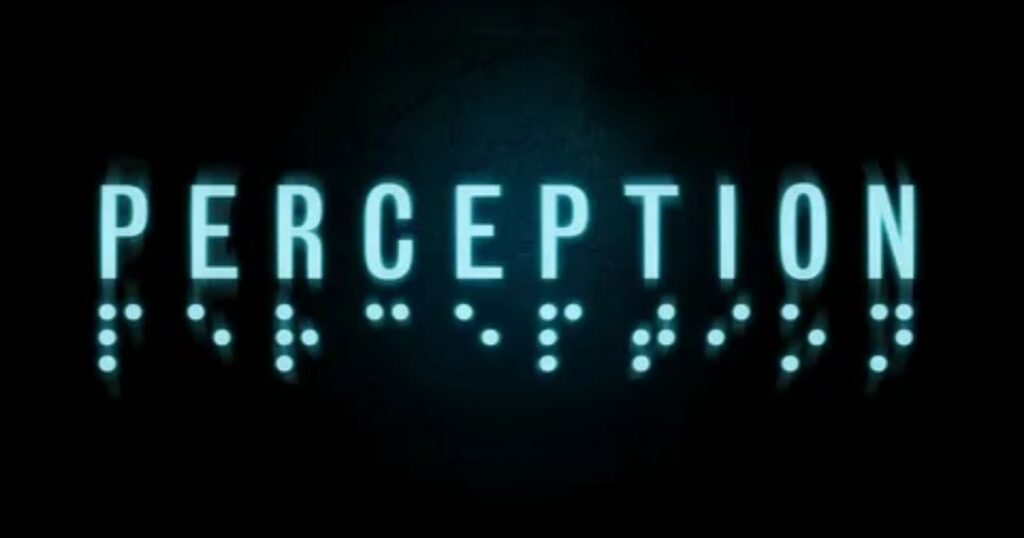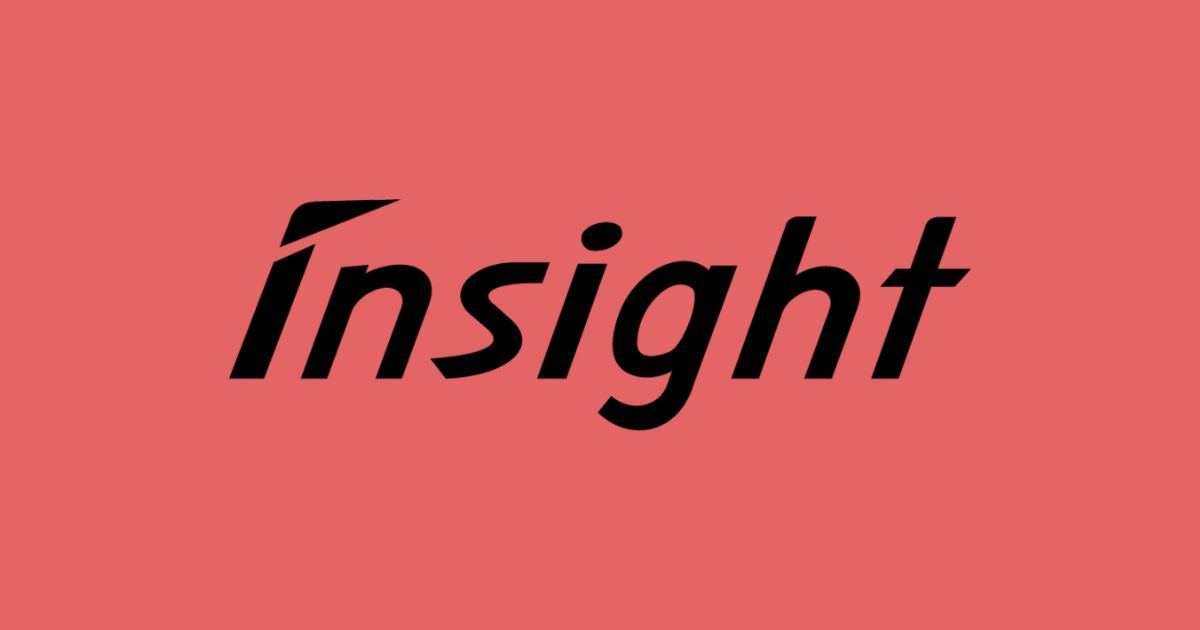Ever had a moment where everything just clicked? That’s insight, a sudden, powerful kind of understanding. Insight helps us see through confusion. It shows us answers we didn’t notice before. Sometimes it comes after deep thinking. Other times, it hits you like a lightbulb.
We all want more insight. It helps us grow, learn, and make smarter choices. With insight, you understand yourself better, your thoughts, emotions, and actions. It brings clarity, boosts emotional intelligence, and helps solve problems. You might find insight through quiet reflection, life experiences, or even a gut feeling. Some call it wisdom. Others call it truth. However it shows up, insight changes everything. In this article, we’ll dive into how insight works, what shapes it, and why it’s the secret behind better thinking, decision-making, and personal growth.
- Insight is the foundation for deeper understanding, enabling individuals to process information beyond surface-level facts.
- Intuition and subconscious cognition often guide decisions through pattern recognition and life experience, leading to spontaneous insight.
- Comprehension transforms learning into knowledge by engaging cognitive development, reflective thought, and contextual interpretation.
- Discernment involves sound judgment and emotional intelligence, allowing people to make ethical, thoughtful decisions based on insight.
- Epiphanies are moments of sudden realization that often emerge after internal reflection, problem-solving, or emotional clarity.
- Wisdom blends experience, ethical reasoning, and clarity of thought to guide long-term growth, leadership, and innovation.
- Insight connects and enhances awareness, perception, and understanding, driving personal growth, communication, and transformative thinking.
Understanding goes beyond simply knowing something, it’s about grasping the meaning behind it. When someone truly understands a topic, they’ve often gone through a process of insight, reflection, and analysis. This depth of comprehension is what separates surface-level knowledge from real intellectual engagement.
In developing true understanding, we draw upon experiences, values, and cognitive abilities. Emotional intelligence and critical thinking help us interpret new information and compare it with what we already know. Whether it’s through learning from failure or journaling our thoughts, building understanding is a key step in the journey of personal growth and self-awareness.
Insight plays a major role in deepening our understanding. It’s often that moment when a sudden realization pulls everything into focus. That epiphany, where scattered thoughts become a unified truth, is what transforms learning into meaningful wisdom. It’s a moment when knowledge shifts from theory to internalized belief.

Perception shapes how we interpret the world. Influenced by subconscious signals, sensory input, and prior experiences, our perception colors our reality. Gaining insight into how our minds filter information helps us question automatic assumptions and move toward more objective, thoughtful conclusions.
Through reflective journaling, we can explore our own biases and challenge unhelpful perspectives. Emotional awareness supports us in perceiving both ourselves and others with clarity. This journey isn’t just about seeing things differently, it’s about embracing nuanced understanding through deliberate self-reflection.
Insight emerges when we notice patterns and begin to understand how our perception has been influenced by cultural conditioning or past experiences. That awareness creates space for intellectual freedom, allowing us to reframe situations, make better decisions, and foster cultural understanding in a diverse world.
Awareness starts with paying attention, to your thoughts, emotions, surroundings, and inner self. When we cultivate awareness, we tap into a well of insight that can guide everything from everyday choices to lifelong values. It’s the first step toward recognizing what’s really happening beneath the surface.
Developing self-awareness is critical for growth. It enhances our emotional clarity, helps us understand subconscious patterns, and allows for ethical leadership in both personal and professional settings. Through mindfulness and daily introspection, we improve our connection to the present moment and to ourselves.
Insight becomes a powerful byproduct of deep awareness. As we sharpen our perception and sense of self, we’re better able to notice subtle shifts in behavior, motivation, and relationships. This leads to stronger communication, greater empathy, and a more intentional, values-driven life.
A revelation is often sudden, a flash of insight that rearranges our mental map. It might come through a conversation, a book, a quiet moment, or an unexpected life event. These moments feel like puzzle pieces finally falling into place, revealing a deeper truth we hadn’t seen before.
Revelations often emerge from the learning process, where tension or confusion pushes us toward clarity. They’re not always dramatic; sometimes, they arrive quietly through analytical reasoning or deep reflection. The emotional charge they carry, however, makes them unforgettable and transformative.
Each revelation marks a turning point. It may shift beliefs, uncover subconscious cognition, or challenge long-held biases. At their best, revelations encourage thought clarity and wisdom, expanding not just what we know, but how we see ourselves and our place in the world.
Clarity is the ability to see things as they truly are, stripped of emotional fog or mental clutter. It’s a space where insight flourishes, and decisions can be made with confidence. When your thoughts align with your values, clarity feels like mental sunlight breaking through a cloudy sky.
To achieve clarity, we often need to pause. That pause can come from mindfulness, deep breathing, or simply stepping back from the chaos of daily life. It’s within those quiet moments that we begin to notice patterns, realize our biases, and reclaim our internal compass.
Insight and clarity go hand-in-hand. Clarity helps filter distractions and allows insight to emerge more easily. It supports better decision-making, strategic planning, and problem-solving. Whether in leadership or personal life, clarity creates the conditions for sound judgment and wise action.
Read More: 13 Other Ways to Say “Manifests”
Illumination is more than light, it’s the feeling of an idea lighting up your mind. That spark of insight often feels magical, but it comes from a combination of deep thinking, life experience, and the subconscious working in the background. It’s what transforms confusion into understanding.
Throughout history, wisdom literature has explored the idea of illumination, moments where people connect with their inner self, truth, or higher knowledge. These moments can feel spiritual or intellectual, but they all share the same origin: the merging of knowledge, emotion, and clarity.
When we experience illumination, we experience a shift in consciousness. It’s often when cognitive processing meets emotional readiness, allowing new information to resonate deeply. These moments often lead to innovation, creative breakthroughs, and profound personal transformation.
Acumen is sharpness of mind, keen insight combined with experience and quick, accurate judgment. Whether in business, leadership, or daily life, acumen allows us to assess situations wisely and respond with strategic clarity. It’s not just about intellect; it’s also about practical wisdom.
Someone with acumen draws from both logic and emotional intelligence. They weigh options with care, integrate subconscious signals, and often rely on their gut feeling when time is tight. Their insight helps navigate complex situations and anticipate outcomes others might miss.
Developing acumen requires practice. It builds through cognitive development, reading, conversation, and the kind of self-reflection that turns experience into wisdom. The result? Faster, more accurate interpretation, better leadership, and an ability to thrive even in high-pressure environments.
Intuition often works in silence, guiding us through life with subtle nudges we can’t always explain. It’s the feeling you get when something just “clicks” or when a decision feels right without needing to overthink it. That quiet voice is fueled by subconscious cognition, life experience, and stored insight.
While some people dismiss intuition as guesswork, it’s actually the result of complex cognitive processing. The brain gathers data from patterns, sensory input, and past experiences, then delivers a sense of direction. It’s insight without formal reasoning, what many refer to as a gut feeling.
Tapping into your intuition means learning to trust your inner self. When combined with emotional awareness and reflective journaling, it becomes a powerful tool for decision-making and creative thinking. Insight grows in these intuitive spaces, helping you make quicker, more confident choices based on both feeling and fact.
Comprehension is the process of fully grasping a subject, not just memorizing facts. It’s what turns passive reading into active learning and surface-level information into lasting knowledge. When we achieve true comprehension, we unlock a level of insight that empowers us to apply what we’ve learned.
Strong comprehension relies on cognitive development, analytical reasoning, and the ability to connect ideas. Whether you’re studying academic material or navigating real-life situations, deep understanding comes from slowing down and processing the material from multiple perspectives. This internal work enriches your learning process.
Insight enhances comprehension by allowing us to see beyond the literal meaning. We begin to interpret hidden layers, understand underlying principles, and draw connections across disciplines. The more we reflect, the more our comprehension transforms into practical, applicable knowledge formation.

Discernment is the ability to judge well, not based on impulse, but rooted in reflection, ethics, and thoughtful evaluation. It’s a skill that goes hand-in-hand with insight, allowing us to distinguish between truth and deception, good and better, right and almost right.
At the heart of discernment lies sound judgment and values. It’s not just about choosing between two options, but understanding the consequences, emotional implications, and ethical weight of each. People with strong discernment often draw from life experience and personal growth.
Insight gives discernment its strength. It reveals the subtle cues and deeper truths that facts alone might miss. By combining emotional intelligence and strategic planning, individuals can navigate complexity with greater ease, especially in leadership, mentoring, or relationship-building roles where clarity and fairness are key.
An epiphany is a sudden burst of clarity, a moment when understanding crystallizes into truth. These breakthroughs often come after a period of confusion or contemplation. That flash of insight feels like the mental fog has lifted, exposing a path that had been there all along.
Often described as “aha moments,” epiphanies happen when subconscious signals connect the dots we’ve been unconsciously gathering. These are the high points of thought process and problem-solving, where multiple pieces of information align in a single transformative realization.
What makes an epiphany powerful is its emotional and intellectual impact. It’s more than understanding; it’s a sudden realization that shifts our worldview. These moments often spark transformation, lead to self-reflection, and encourage us to question long-held beliefs or assumptions.
Wisdom is more than just accumulated knowledge, it’s the application of insight, experience, and ethics to life’s complex situations. It blends emotional clarity with critical thinking, allowing us to see the big picture while understanding the nuances that others may overlook.
Wisdom often emerges over time through self-reflection, growth, and the discipline to question your own bias. It includes knowing when to act, when to pause, and when to let go. People who carry wisdom draw from both ancient traditions and modern emotional intelligence, grounded in truth and integrity.
Insight is the soul of wisdom. It’s what turns information into action, learning into leadership, and challenges into opportunities for deeper personal growth. Whether found in wisdom traditions, wisdom literature, or our own lived experiences, the fusion of clarity, compassion, and thoughtfulness is what makes wisdom timeless.
Insight helps us grow and understand life. It gives us emotional clarity and better awareness. With insight, we gain wisdom and stronger judgment. It helps us with problem-solving, decision-making, and self-reflection. Sometimes insight comes through a gut feeling. Other times, it’s from learning or personal growth. It builds emotional intelligence and reveals our true values and beliefs.
When we trust insight, we gain clear perception and thoughtful communication. It connects to our inner self and our life experience. It brings transformation and truth. Insight leads to critical thinking, understanding, and cognitive development. It opens the door to innovation, leadership, and ethical wisdom. Through mindfulness and reflective journaling, we find clarity of thought. Insight is part of human cognition. It shows us our bias and shapes our perspectives. With more insight, we grow wiser and stronger. It’s the key to seeing the world, and ourselves, more clearly.

Grammarbeam is a smart language assistant built for clarity, creativity, and precision. From polishing grammar to exploring rich synonyms and refining sentence structure, Grammarbeam is your go-to tool for powerful communication. If you’re writing for school, business, or just for fun — let your words shine with Grammarbeam.

